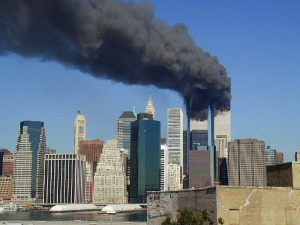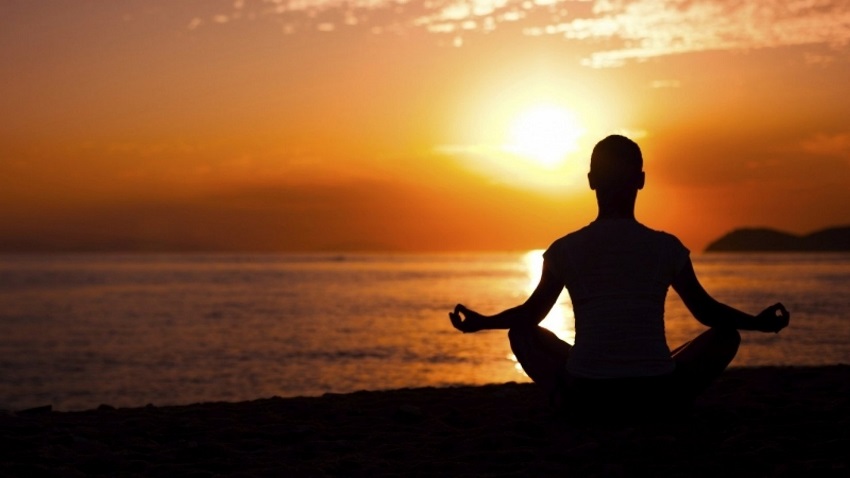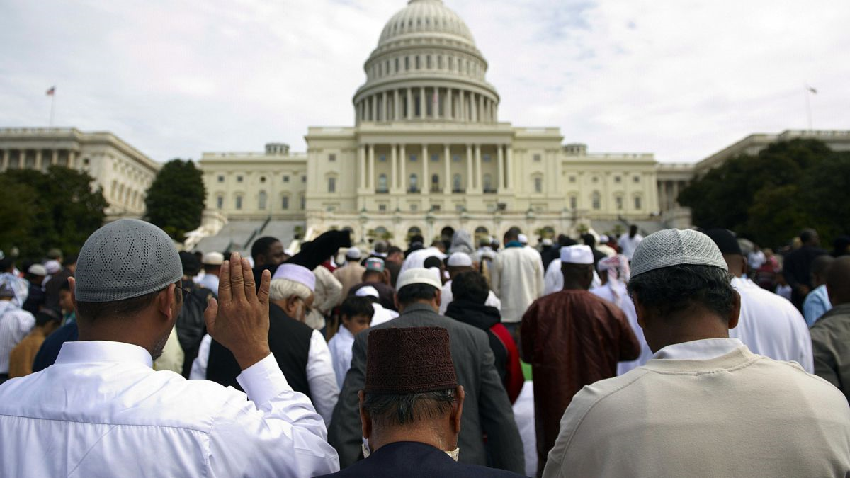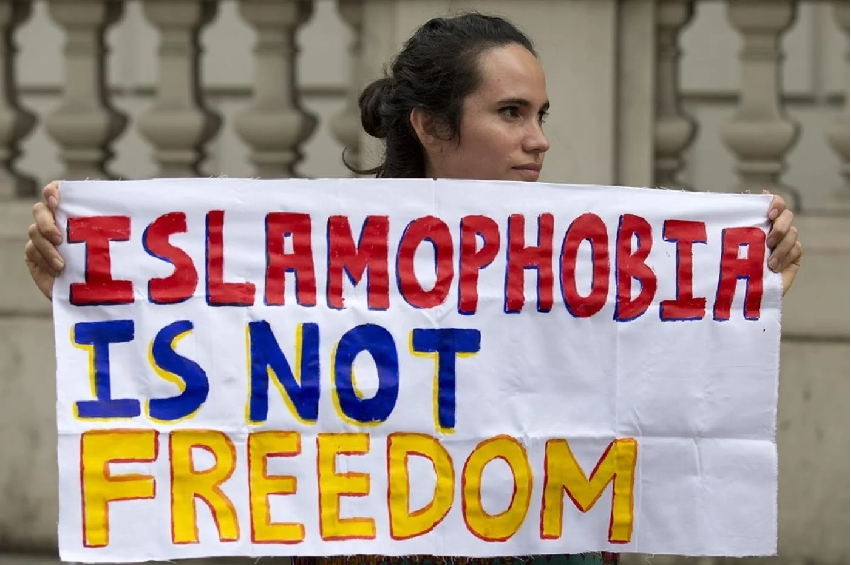
Despite growing Islamophobia, do more Americans want to be Muslim?
Yunique walks around her neighborhood in Brooklyn, New York in a loose, fashionable outfit, with a gray shawl delicately wrapped around a baseball cap. It is not obvious that she is Muslim. The only hint of her faith may come if she decides to share her last name: Saafir, which means “ambassador” in Arabic.
He is 28 years old, was born in Jamaica and now lives in the United States. She was introduced to Islam by her mother after converting to Islam on her home island.
One day, her mother told her about her renewed faith and invited her to the mosque without obligation.
Saafir decided to accompany her. She says that she instantly found “a spiritual happiness”. She recalls feeling her impetus to convert upon learning of Islam’s emphasis on gender and racial equality, something that was already important to her as a child as a result of being raised in a socially conscious family.
What Was The Real Role Of Saudi Arabia In The 9/11 Attacks?

In 1999, after living in the US for eight years, Saafir experimented with the Mormon religion. But she noticed that the church she attended did not view blacks well.
So last year, he returned to Islam. And he found that return even more significant in his life.
“I made the decision that this would be my religion. Internally, I didn’t feel comfortable not practicing Islam as a homosexual,” he says.
Somehow, however, there are Americans who find it hard to understand how fellow Americans like Saafir chose to embrace Islam in the years after the 9/11 attack.
Growing Number
The number of Muslims in the US increased by 67% in the decade following 9/11, according to a 2010 study by the Association for Religious Data Archives (ARDA).
In the year 2000, there were one million Muslims in the country; by 2010, the population rose to 2.6 million.
In 2015, there were already 3.3 million Muslims in the United States.
Other studies point to conversion and immigration from countries such as Bangladesh, India, and Pakistan as the main reasons for this dramatic increase.
That doesn’t mean that being a Muslim in America today is easy.
Less than a month ago, an imam and his assistant were shot to death outside a mosque in Queens, New York.
Alauddin Akonjee, 55, and Thara Miah, 64, served a community of mostly Bengali origin.
Community members believe that rising Islamophobia was the reason for the killings. The prosecution is still investigating whether it was a hate crime.
The rate of crimes of this nature against Muslims in the US has tripled to 38 per month since the Paris attacks and the shooting in San Bernardino, California, in December of last year.
- San Bernardino: this is how the deadliest attack in the last three years in the US happened
- These were the attacks claimed by the Islamic State in Paris
- What do Muslim women around the world think about the ‘burkini’ ban on the beaches of Cannes, France
This figure comes from FBI data analyzed by the Center for the Study of Hate and Extremism and delivered to the American newspaper The New York Times.
Furthermore, post-9/11 portrayals of Islam in the country’s media and popular culture are rarely flattering.
Media Tenor was this made measurement. A research institute that evaluates data for NGOs and governments, reviewed reports from these media between 2007 and 2013.
They also highlighted that, in most cases, Muslims were not included as experts and commentators on Islam.
So why are Americans converting to Islam if, to some extent, the US is becoming more intolerant of Muslims?
Curiosity
The growing interest in that religion over the last 15 years has had to do precisely with the publicity that surrounds it, according to Professor Asma Afsaruddin, who teaches Near Eastern Cultures and Languages at Indiana University Bloomington (USA).
“Despite Islamophobia, conscientious Americans curious about the real nature of Islam are turning to the religion’s teachings through reliable sources.”
The academic, author of Contemporary Issues in Islam. Points out that many of her students are drawn to the equality aspects of religion.
- Muslims after the attack in Nice: “The people who hugged me warmly yesterday are now cold”
- The Muslim mourning after the attack in Orlando
“They find it remarkable that there is so much emphasis on the fairness of human beings and gender equality, particularly in the early history of Islam .”
You may like to read Fight Islamophobia from education



